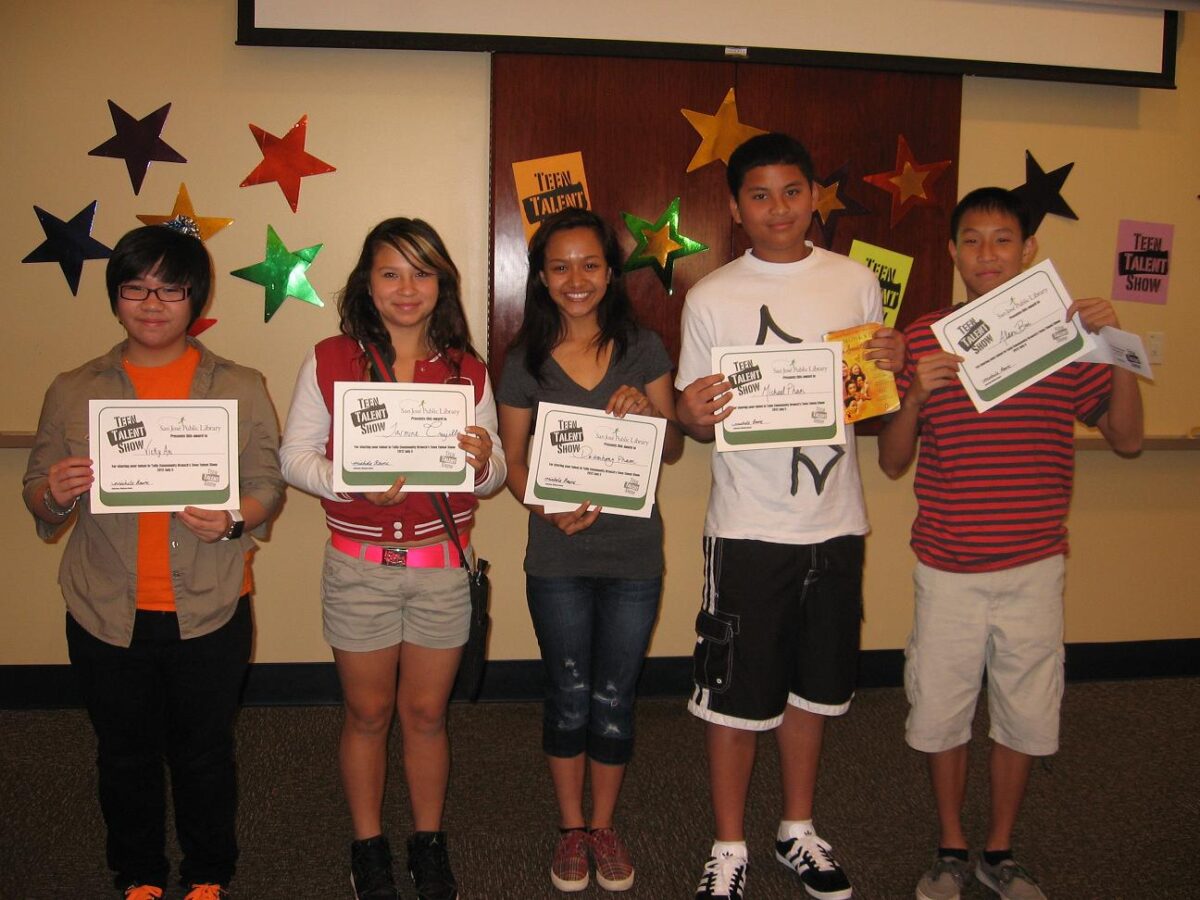I live with a chemist and a teacher. From what I can tell the Chemist works as hard as anyone on campus; he is, however, not the focus today. My teacher friend comes home from observations (assistant teaching in an actual elementary school) in the evenings and is usually beaming with happiness. She has a genuine love for teaching and equally for children. I often go to her when I have any questions that pertain to teaching. Recently, I’ve been considering what to do once undergrad comes to its unceremonious finale. I will have an English degree, so the default idea of teacher/professor/private tutor crossed my mind, and I had recently heard of Teach for America. When I asked my friend if she’d heard of the organization she rather immediately adopted a frown of consternation and though I can’t recall exactly what she said it centered on the assertion that TFA gave their teachers roughly four months of training and sent them into classrooms wholly unprepared to help students – students who were largely in already suffering educational environments. Unprepared, unqualified, not ready. That was what stuck out to me.
To my friend – we’ll call her Alissia for ease of reading – four months of training meant little in the way of forming a legitimate teacher. Now, it’s necessary to say that Alissia’s opinions are just that, her opinions, and she has in fact never worked with TFA, nor have I, and by no means do I aim to discredit their organization. However, I would like to consider this notion of ability to teach, as it crossed my mind as I applied for a position at the UCWbL, particularly as it concerns the translatability (or lack thereof) of innate writing talent to tutoring.
For almost two weeks now, I have been collaborating with students at the Writing Center both in the Loop and Lincoln Park. Although it is certainly to be expected, as I am new to the job, my primary concern has been with my own usefulness to the students. I am entirely confident in my ability to write a strong paper on my own, but sometimes my own familiarity with writing feels like a hindrance to my usefulness rather than a source of helpfulness.
For instance, I was recently working with a student in WRD103 whose professor had assigned a rhetorical analysis paper; she was required to scrutinize the strategies employed in an article about Michele Obama’s speech at the DNC. In general her paper was solid, and she had many well-developed arguments. In several sections however, she fell into summary, something that I’m sure many writers are familiar with: it takes up space and appears functional at the least. Of course, her teacher noticed and asked what analysis she could draw from these summarized sections. We went through the article section in question to help her tease out the logic, “First she recognizes opponents’ arguments as valid, then points that they are focused on a more superficial issue, and reveals more significant dissimilarities between Mrs. Obama and Mrs. Romney, thereby appearing as an adult patiently correcting children.” We got there, but the progression was obvious to me and I felt at a loss to do anything other than spell it out. Asking leading questions and provoking her own thought process was frustratingly difficult and certainly new territory. In addition, my barrage of questions (as they felt like) seemed to steer from the conversational vibe UCWbL strives for, towards a more teacher-student relationship: something I have tried to avoid.
The question I have now is this: Am I an ill-prepared tutor because of my relative proficiency in writing or because I’m new to teaching? Either is possible, though honestly, I think the more probable conclusion is that I am just impatient.
Discover more from UCWbLing
Subscribe to get the latest posts sent to your email.

